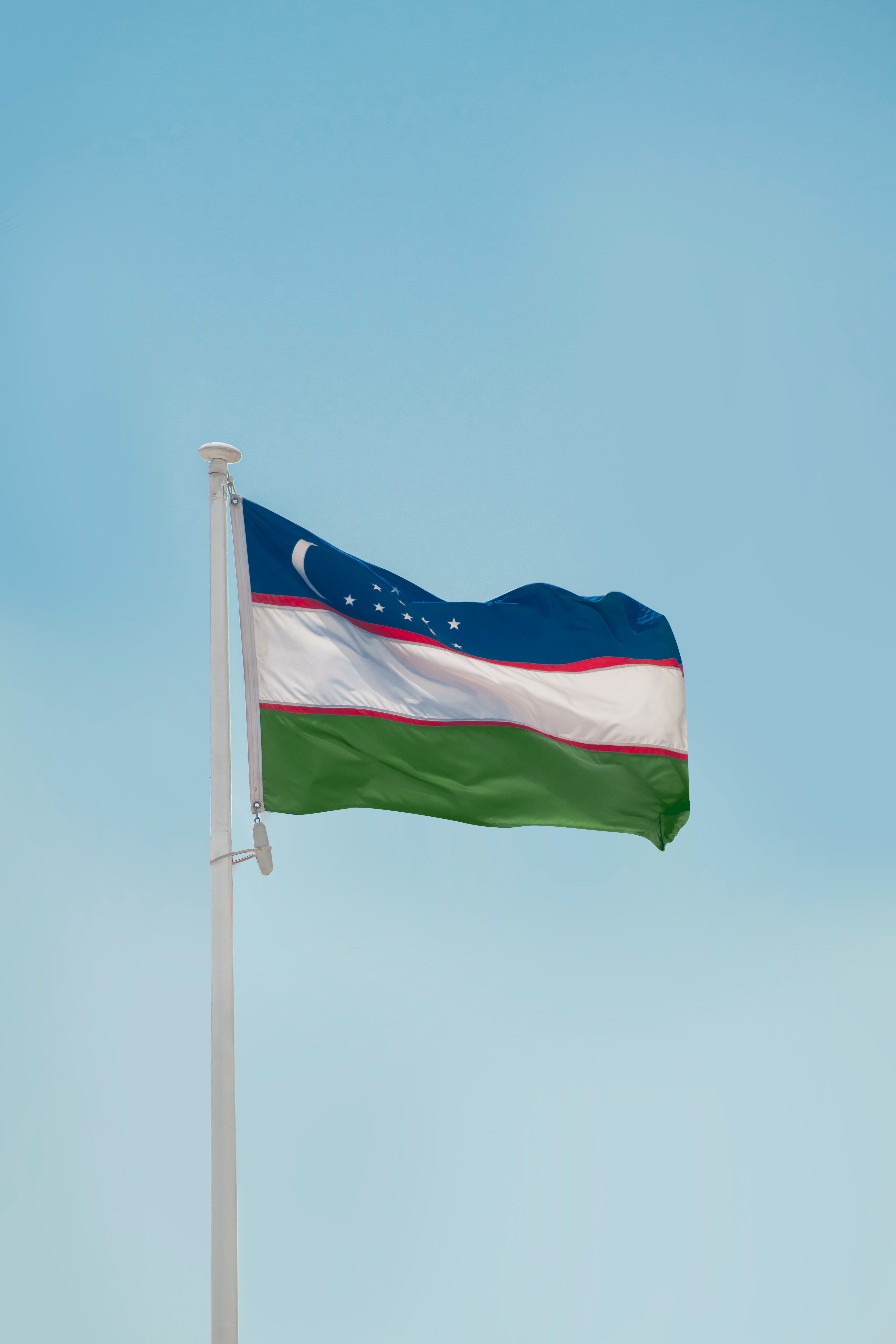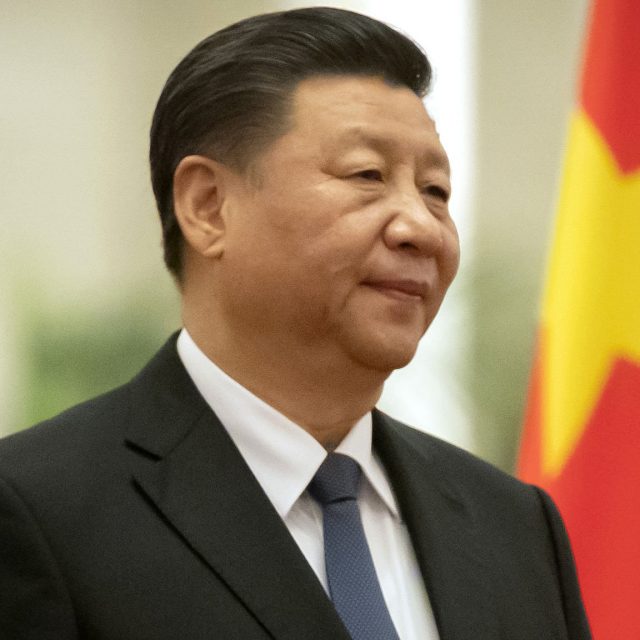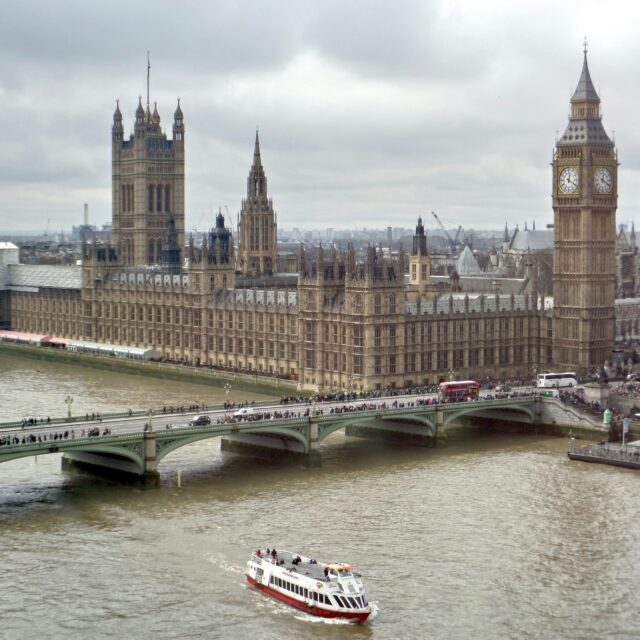Photo by aboodi vesakaran on Unsplash
In a 84.54% turnout for a nation-wide referendum held on 30 April, the people of Uzbekistan have voted by a margin of 90.2% according to the preliminary results to approve a wide-ranging series of constitutional reforms. This commits the country to the rule of law, greater protection of human rights, ethnic and religious equality, and fair and open democratic values, said Eldor Tulyakov, the Director of the Centre for Strategy Development of Uzbekistan.
Jakhongir Shirinov, chairman of the Legislative Chamber Committee responsible for the constitutional reforms, said: “The people of Uzbekistan have spoken, and have said with pride, ‘yes, this is my Constitution.’ We now stand proudly before the dawn of a new Uzbekistan as one nation; one created by its people for its people as a modern democratic state. We look forward to begin implementing these reforms, which will benefit every individual’s rights, freedoms, and opportunities.”
The referendum saw 16,673,189 citizens of Uzbekistan cast their votes, representing a turnout of 84.54%. The voting process was monitored by 383 international election observers from 45 countries and 11 international organizations.
Christine Muttonen, former OSCE PA President, Vice-President of Austrian Institute for European and Security Policy, stated, “Commissions have made thorough preparations for the referendum inside the country and abroad. I’ve seen that the people are really interested in the referendum. The process itself was very transparent and all the conditions were created for the voters to freely express their will.”
Zayniddin Nizamkhodjaev, chairman of the Central Election Commission congratulated the people of Uzbekistan for their adopted Constitution and expressed gratitude to all Commission members for organizing the referendum according to national legislation and international standards.
Alongside the wide-ranging commitment to human rights, the rule of law, democratic values, and equality, Uzbekistan’s new Constitution enshrines the principles of regional democratic representation, the separation of powers, and a strengthened civil society. In addition, the reforms support economic development, encourage investment, and establish important environmental protections.
According to legislation, the decision taken at the referendum is binding throughout the territory of Uzbekistan and does not require any confirmation by acts of state authorities. Laws and other normative acts shall be brought in line with the decision of the referendum.
The reformed constitution was developed in line with a range of international laws, including the Universal Declaration of Human Rights, the International Covenant on Civil and Political Rights and the International Covenant on Economic, Social and Cultural Rights. Examples from constitutions and amendment processes from around the world have also been used as guides to best practice. For instance, a provision allowing citizens to petition the parliament for legislative change is adapted from a similar initiative in Switzerland. Alongside these international best-practices, the constitutional reforms were developed with significant public consultation, with more than 220,000 proposals received from citizens and a quarter of these reflected in the final proposals.

The Author, Eldor Tulyakov, is the Director of the Centre for Strategy Development of Uzbekistan




